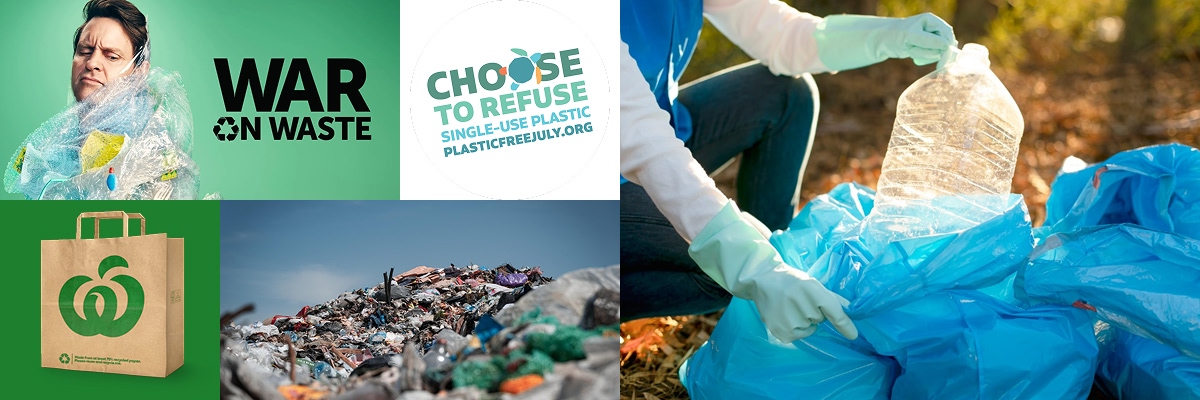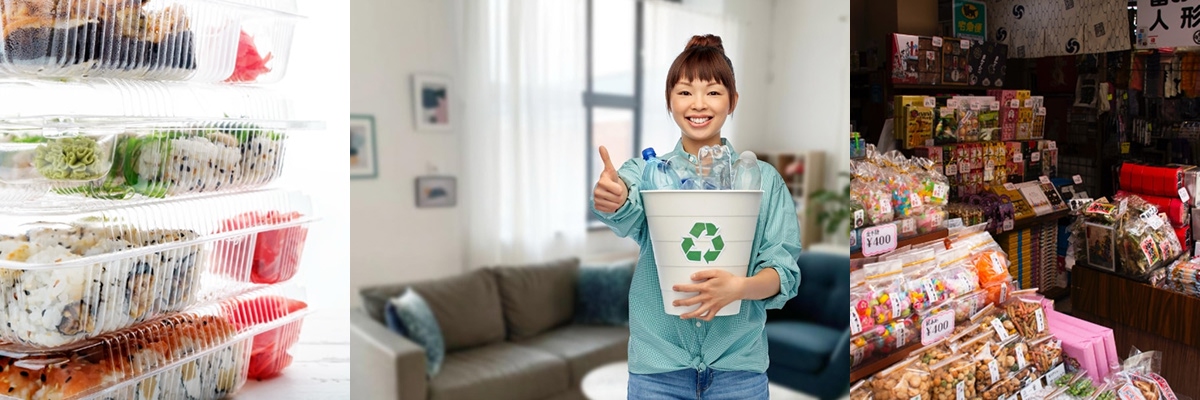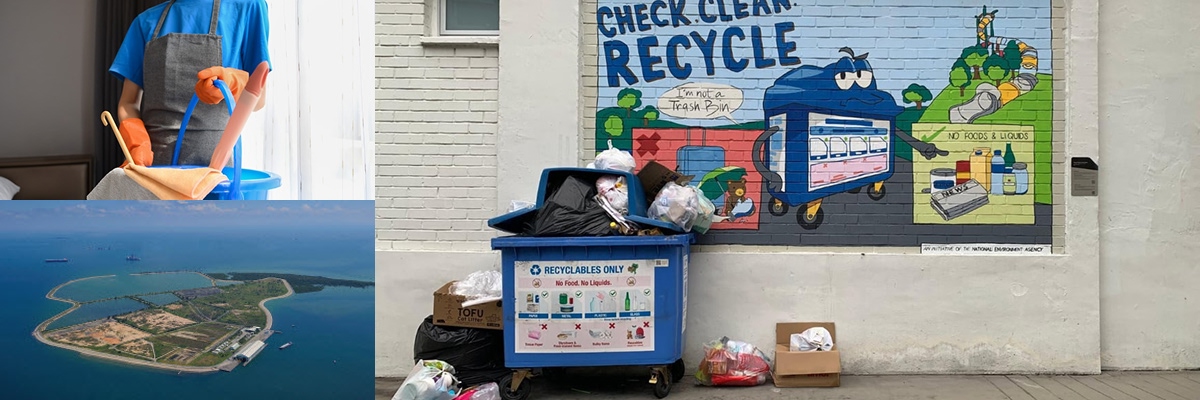
Since the 2019 bushfire crisis, Australia has intensified its focus on environmental issues, with ABC airing prominent programs like War on Waste and Fight for Planet A on plastic waste. Now, all states have banned single-use plastic bags, and the government aims for 100% recyclable packaging by 2025. One of the biggest supermarket chains, for instance, Woolworths, now offers in-store soft plastic recycling, while environmental activism grows among youths, community groups, and corporations.

However, in Australia, women disproportionately handle household sustainability tasks and lead environmental activism, such as Plastic Free July and One Million Women. Despite high female labour participation, women face a “male-breadwinner” framework that adds to their burden. Preliminary interviews show women experience more guilt over failing sustainable practices. Ethnic differences also influence gender roles, with migrant couples more likely to follow traditional models and indigenous couples showing more egalitarian practices. Studying this in Australia reveals the intersection of gender, class, and ethnicity in managing household plastic waste.


Japan’s household waste management is paradoxical: despite having strict sorting rules, it generates significant plastic waste, with 46% of domestic waste being plastic. Japan ranks as the second-largest producer of plastic packaging waste per capita, raising questions about the contradiction between rigorous sorting practices and the country’s tendency to overpack products with plastics.
Waste in Japan reflects social and cultural values, particularly linked to gender and the political economy. During Japan’s high growth period, plastics became central to women’s roles as consumers and eased household tasks as female labour participation rose to 53% in 2019. While plastics symbolise gender roles and citizenship, cultural preferences for packaging contribute to excessive plastic use. However, shifts are emerging, such as Kamikatsu Village’s successful zero-waste initiative, reducing waste by 80%. Exploring the social and cultural values and meanings of plastics and waste in Japan will uncover the evolving relationship between gender, capitalism, and the environment.

Singapore’s focus on plastic waste management intensified after China’s 2018 plastic ban and Southeast Asia’s refusals to accept foreign waste. Additionally, Singapore’s only landfill at Semakau Island is expected to run out of space despite efforts like the National Recycling Programme, challenges persist, with only 4% of plastic waste recycled in 2019.

Using Singapore as a case study highlights the crucial role of 261,800 migrant domestic workers in household waste management. The availability of domestic workers to undertake household chores could potentially decrease dependence on plastic products and enhance labour-intensive waste sorting. However, migrant domestic workers might encounter language barriers in accessing environmental discussions, government policies, and online activism, or may lack the autonomy to act independently of their employers’ directives. Analysing household waste practices among these workers offers valuable insights into the connection between migration and environmental policies.
